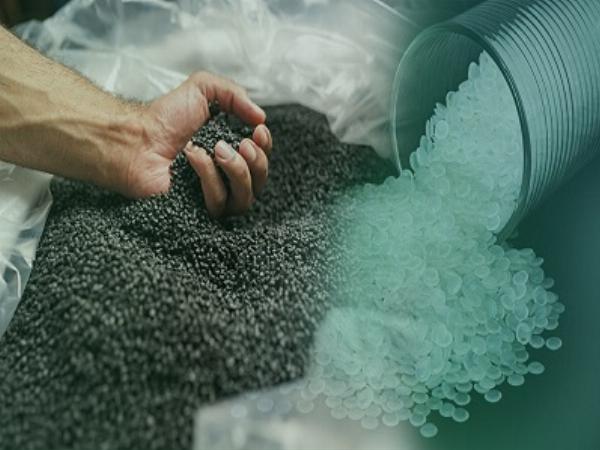Poly Methyl Methacrylate Price Trend, Monitor, Supply & Demand, Forecast | ChemAnalyst

Strong 8k brings an ultra-HD IPTV experience to your living room and your pocket.
Poly Methyl Methacrylate (PMMA), a transparent thermoplastic commonly known as acrylic or plexiglass, has witnessed fluctuations in its market prices, driven by a myriad of factors. The PMMA market is influenced by the dynamics of supply and demand, raw material costs, technological advancements, and global economic conditions. One of the primary drivers affecting PMMA prices is the availability and cost of its raw materials, primarily methyl methacrylate (MMA). MMA, derived from acetone, is a crucial component in PMMA production. Fluctuations in the prices of acetone and other raw materials have a direct impact on the overall production costs of PMMA.
In the US market, Polymethyl Methacrylate (PMMA) prices experienced a downward trend overall. Throughout the third quarter of 2024, manufacturers found it necessary to lower prices to prevent product stockpiling in the domestic market. The impact of cost pressures from the feedstock Methyl Methacrylate was somewhat mitigated, given that its prices settled at the lower end within the domestic market. Additionally, there was ample availability of the material, prompting manufacturing firms to operate at lower rates, as they were cautious about accumulating excessive inventories domestically. Moreover, the US Manufacturing Purchasing Manager’s Index indicated a contraction in manufacturing and industrial activity.
Despite challenges, there was an increase in demand from downstream industries such as automotive and construction. However, this uptick in demand was insufficient to push the prices of Polymethyl Methacrylate to higher levels. Consequently, during September 2024, the prices of Polymethyl Methacrylate were quoted at USD 3159 per metric ton, reflecting the prevailing market conditions during that period.
Furthermore, the demand for PMMA is closely tied to various end-use industries, including automotive, construction, electronics, and signage. The automotive sector, in particular, has a significant influence on PMMA prices, as the material is widely used in automotive glazing, lighting, and interior components. Economic conditions impacting the automotive industry, such as changes in consumer spending and global vehicle production trends, can lead to shifts in PMMA demand and subsequently affect its market prices.
Technological advancements also play a pivotal role in shaping the PMMA market landscape. Innovations in PMMA production processes, such as improved polymerization techniques and recycling methods, can impact the overall cost structure and supply chain efficiency. Additionally, advancements in alternative materials may pose a competitive threat to PMMA, influencing its market prices as companies strive to maintain their competitive edge.
Global economic conditions, including currency fluctuations and trade policies, contribute to the volatility of PMMA prices. As a globally traded commodity, PMMA is susceptible to changes in exchange rates and international trade dynamics. Tariffs and trade tensions between major economies can disrupt the supply chain and contribute to price fluctuations in the PMMA market.
Get Real Time Prices of Poly Methyl Methacrylate (PMMA): https://www.chemanalyst.com/Pricing-data/polymethyl-methacrylate-50
Environmental considerations and sustainability trends are increasingly influencing the PMMA market. With a growing emphasis on eco-friendly materials, manufacturers are exploring ways to make PMMA production more sustainable and reduce its environmental footprint. This shift towards sustainability can have implications for the cost structure of PMMA, as investments in green technologies and adherence to stricter environmental standards may impact production costs.
In conclusion, the Poly Methyl Methacrylate (PMMA) market is a dynamic landscape influenced by a multitude of factors. From raw material costs and technological advancements to global economic conditions and environmental considerations, various elements contribute to the fluctuations in PMMA prices. As industries evolve and consumer preferences change, the PMMA market will continue to adapt to new challenges and opportunities. Keeping a close eye on these factors will be crucial for stakeholders in the PMMA industry to navigate the ever-changing market dynamics and make informed decisions in a competitive and dynamic business environment.
Contact Us:
ChemAnalyst
GmbH - S-01, 2.floor, Subbelrather Straße,
15a Cologne, 50823, Germany
Call: +49-221-6505-8833
Email: [email protected]
Website: https://www.chemanalyst.com
Note: IndiBlogHub features both user-submitted and editorial content. We do not verify third-party contributions. Read our Disclaimer and Privacy Policyfor details.







